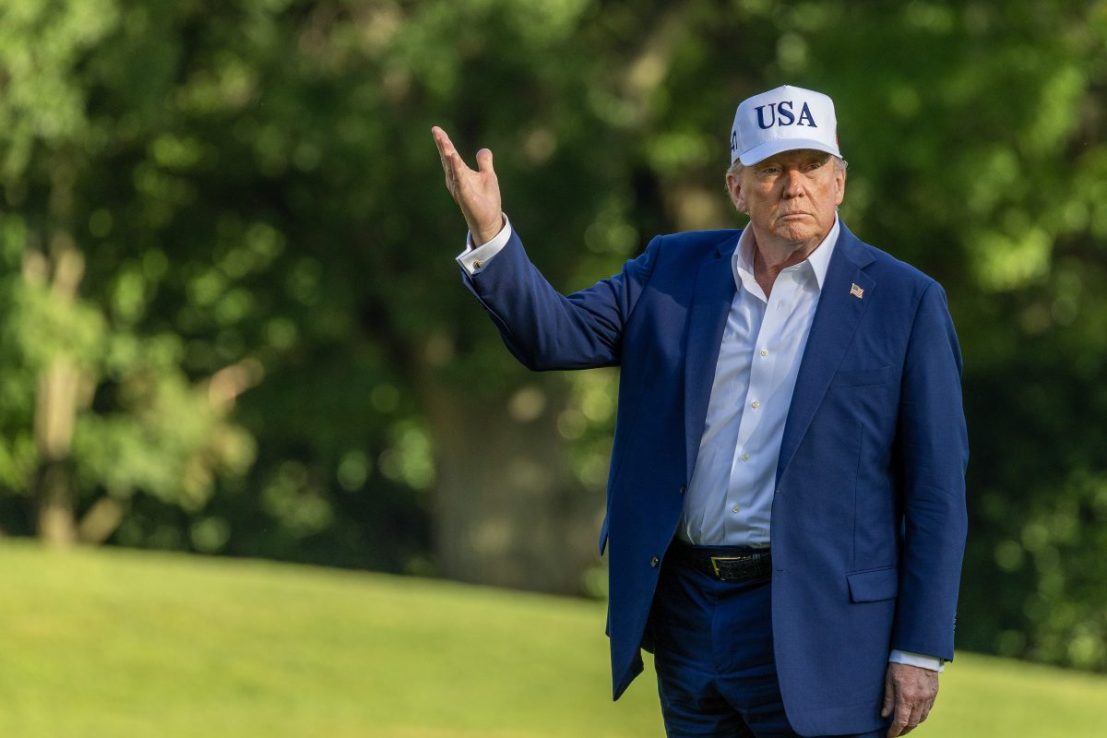
Downing Street would not say whether the Government was confident that a deal to eliminate American tariffs on UK steel would be struck as Donald Trump’s deadline looms.
White House Press Secretary Karoline Leavitt announced on Monday that US President Donald Trump would be delaying an increase to the baseline 10 per cent tariff rate to August 1 – another delay following the end of the 90-day pause.
The UK has already managed to negotiate a deal with the US which eliminates the threat of tariffs to British car and aeroplane manufacturers.
But a reprieve for the steel industry is yet to be finalised, leaving open the threat that the current 25 per cent tariff rate could rise to 50 per cent after the new deadline.
Mr Trump is reportedly stepping up pressure on countries who could soon be subject to the tariffs, urging them to negotiate trade deals with the US.
But amid signs of confusion within the US administration, trade secretary Howard Lutnick has suggested America’s trade partners will see the levies begin on August 9, after receiving a letter outlining them on July 9.
A race against time
US President Donald Trump has set a 25 per cent tax on goods imported from Japan and South Korea, as well as new tariff rates on Malaysia, Kazakhstan, South Africa, Laos, Myanmar and Tunisia.
The tariffs are set to go into effect on August 1.
Mr Trump provided notice by posting letters on Truth Social that were addressed to the leaders of the various countries.
The letters warned them to not retaliate by increasing their own import taxes, or else the Trump administration would further increase tariffs.
“If for any reason you decide to raise your Tariffs, then, whatever the number you choose to raise them by, will be added onto the 25 per cent that we charge,” Mr Trump wrote in the letters to Japanese Prime Minister Shigeru Ishiba and South Korean President Lee Jae-myung.
The letters were not the final word from Mr Trump on tariffs, so much as another episode in a global economic drama in which he has placed himself at the centre.
His moves have raised fears that economic growth would slow to a trickle, if not make the US and other nations more vulnerable to a recession.
But Mr Trump is confident that tariffs are necessary to bring back domestic manufacturing and fund the tax cuts he signed into law last Friday.
Meanwhile, Irish leader Michael Martin remains “hopeful” that the EU can reach a deal with the US on tariffs, as the Trump administration pushed back a deadline for increased rates.
Micheal Martin said both sides continue to negotiate the “fine detail” of future arrangements.







